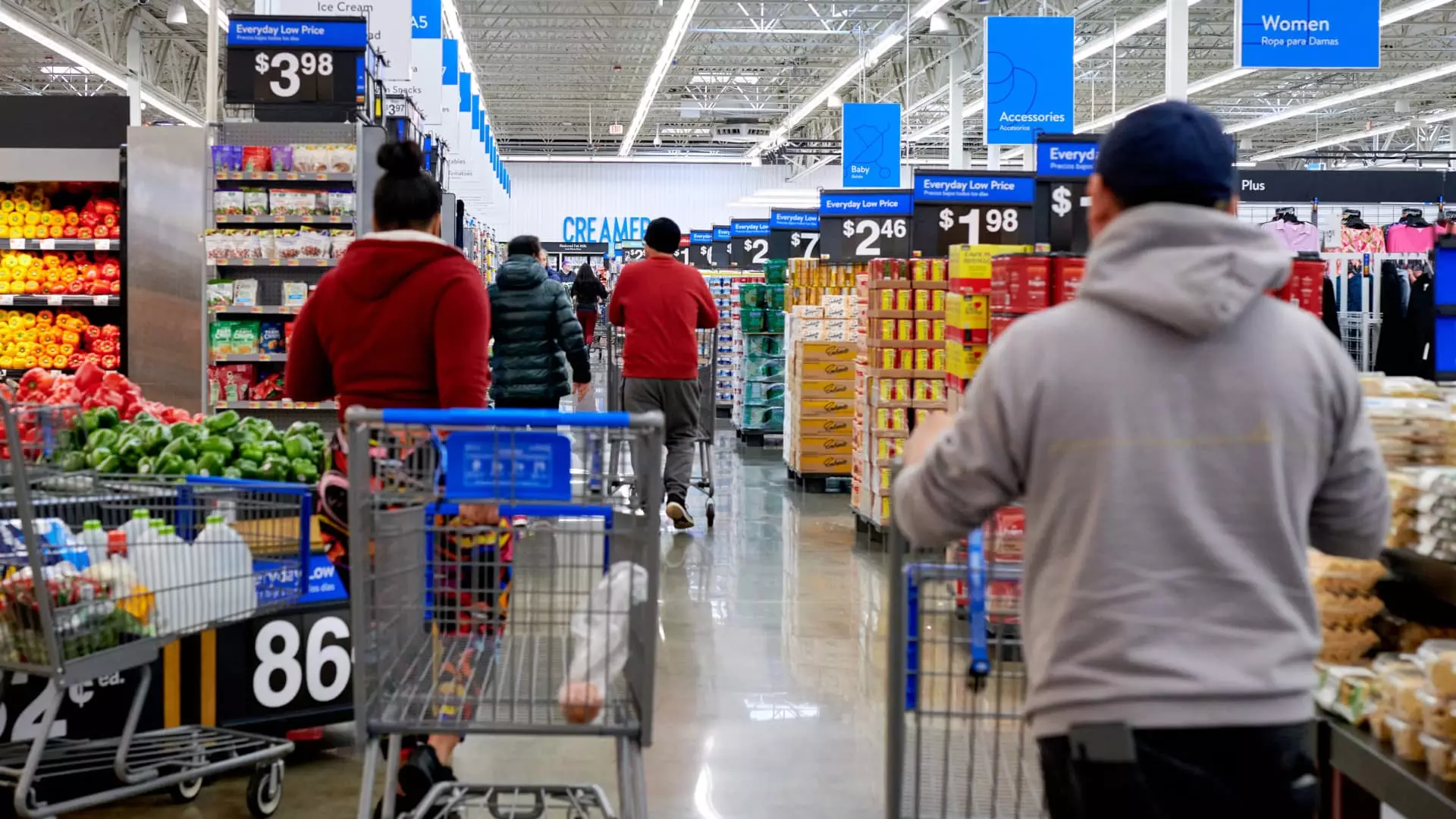In recent months, economists have been puzzled by the disparity between the strong performance of the economy and the negative feelings that people have about their financial circumstances. However, there is now evidence indicating that the prolonged period of pessimism, often referred to as the “vibecession,” is finally coming to an end. According to Michael Pearce, the deputy chief U.S. economist at Oxford Economics, the improving outlook can be attributed to factors such as decreasing inflation and the Federal Reserve’s plans to lower interest rates. As a result, Americans are starting to feel more positive about the future, aligning consumer sentiment with the country’s economic status.
Despite the positive developments, it is challenging to pinpoint the exact reasons behind the change in sentiment. Pearce mentioned in his report that potential factors could include the decline in inflation rates and the optimism stemming from the Fed’s clear intention to reduce interest rates. This shift in mood represents a significant turnaround from previous concerns about economic stability and signals a growing confidence in the future trajectory of the economy.
Recent economic data, particularly the rise in the personal consumption expenditures price index, has paved the way for the Federal Reserve to consider lowering its benchmark rate for the first time in years. With various indicators pointing towards progress on inflation, experts predict that interest rates will be cut in the upcoming months. This move has been supported by the remarkable resilience of consumer spending, which has surpassed expectations and further fueled optimism about the economy’s outlook.
While some analysts have expressed concerns about a possible recession, recent trends suggest that the U.S. economy is not heading towards a significant downturn. The combination of controlled inflation and a stable labor market has created what economists describe as a “Goldilocks” scenario, characterized by moderate growth and low inflation. Although there are still skeptics predicting an economic slowdown, the overall consensus among experts is that a recession is unlikely in the near future.
Looking ahead, there are uncertainties surrounding the upcoming U.S. presidential election and the potential policy changes that could result. Despite these challenges, economists remain cautiously optimistic about the economy’s prospects for avoiding a recession in the foreseeable future. While history has shown that economic disruptions occur periodically, the current data and trends suggest that the U.S. economy is well-positioned for a soft landing, characterized by a gradual slowdown in growth and inflation.
The evolving economic sentiment in the United States reflects a transition from pessimism to cautious optimism among consumers and experts alike. The gradual improvements in key economic indicators, coupled with the Fed’s proactive measures, have contributed to a more favorable outlook for the future. While uncertainties persist, the overall consensus is that the U.S. economy is on a stable course, steering clear of a potential recession and paving the way for sustained growth in the coming months.

